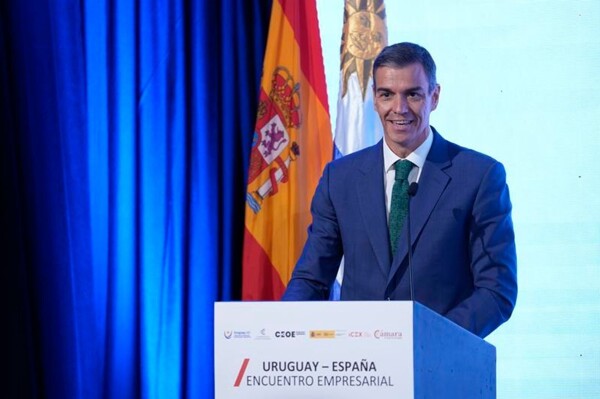Mercadona is in the midst of a transition towards the implementation of 100% cage-free eggs. Currently, in its stores, you can find cage, barn, and free-range eggs, in a situation that will be temporary until 2025 when only cage-free eggs will be sold.
The numbers printed on the eggs that Mercadona markets in its supermarkets throughout Spain have a specific meaning. The letters "ES" indicate their Spanish origin and the other digits identify the farm of origin. The classification of the eggs sold by Mercadona is done with the numbers 0, 1, 2, and 3.
Regarding the meaning of these numbers, 0 corresponds to organic eggs, from hens that have access to the outdoors and are fed organic feed. The number 1 refers to free-range eggs, from hens with outdoor access to walk, scratch, and peck. The 2 corresponds to barn-raised eggs, with freedom of movement but no outdoor access, and the 3 represents cage-raised eggs, the most common method in Spain, always following European animal welfare regulations.
It is important to highlight that Mercadona has expressed its commitment to animal welfare, certifying all its suppliers of meat, eggs, and milk according to internationally recognized standards. The distribution chain has clarified the differences between organic and free-range eggs, thus resolving some of its customers' doubts.
In summary, Mercadona aims to achieve a commitment to sell cage-free eggs by 2025, gradually phasing out the marketing of cage eggs. The key difference between organic and free-range eggs lies in the feed provided to the hens, as the former come from organic agriculture while the latter have outdoor access.














